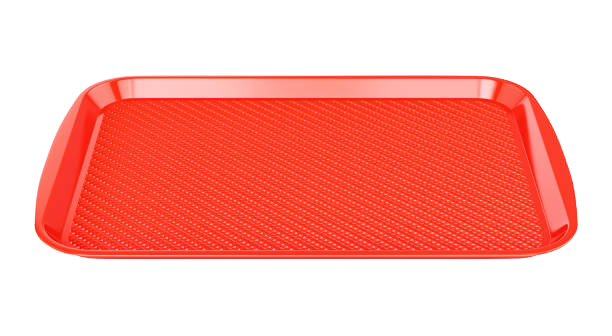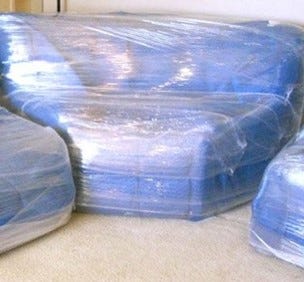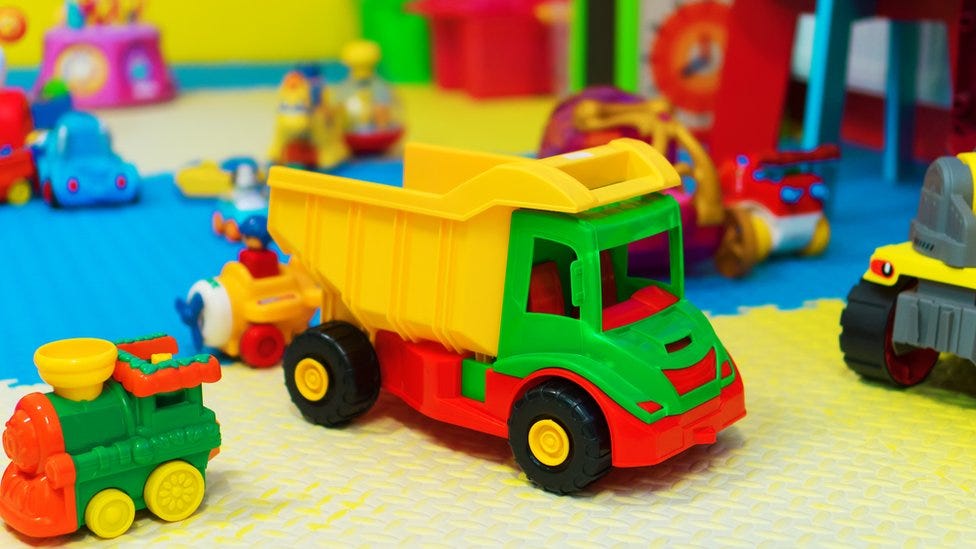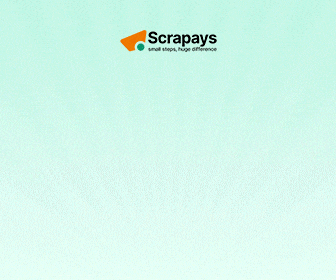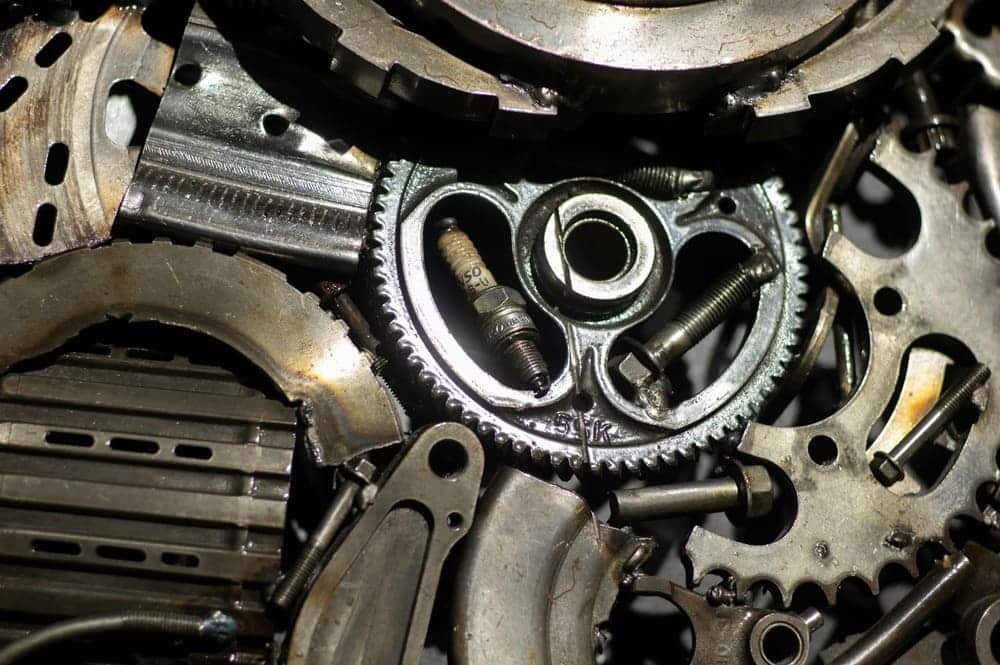In recent years, recycling has become an essential part of our lives. With new regulations and consumer demand, it’s important to know what plastics are recyclable and their properties.
Plastic is a versatile and durable material used in various products, from packaging to consumer goods. However, not all plastic is created equal. There are many different types of plastic, each with its properties and uses.
The most common types of plastic are:
- Polyethene (PE): This is the most widely produced plastic in the world. It is a thermoplastic product, meaning it can be melted into a liquid and then cooled back into solid many times. It is used to make plastic bags, milk jugs, and bottled water, and an innovative use of PET that is gaining momentum is as a construction material: plastic bottles are filled with sand, then stacked and cemented to form a wall.
- Polypropylene (PP): also known as polypropene, is a thermoplastic polymer used in various applications. PP is a strong and heat-resistant plastic used to make products such as car parts, food containers, bottle caps and other products and textiles. Polypropylene recycling is difficult and expensive and, in many cases, it’s hard to get rid of the smell of the product the plastic contained in its first life. In addition, recycled PP usually ends up being black or grey, making it unsuitable for packaging use.
- Polystyrene (PS): General-purpose polystyrene is clear, hard, lightweight and brittle plastic used to make protective packaging materials (such as packing peanuts), containers, lids, bottles & trays.
- High-Density Polyethylene (HDPE) is a thermoplastic polymer made from petroleum. As one of the most versatile plastic materials around, HDPE plastic is used in a wide variety of applications, including plastic bottles, milk jugs, shampoo bottles, bleach bottles, cutting boards, and piping.
- Low-density polyethene (LDPE) is a soft, flexible, lightweight plastic material. LDPE is noted for its low-temperature flexibility, toughness, and corrosion resistance. It is used to make grocery bags, food wraps, squeezable bottles, and bread bags. Day to day Examples include: Pure water nylon, Drinks packaging nylon & Clear nylon wrap used to preserve/protect food and packages
- Acrylonitrile butadiene styrene (ABS): ABS is a strong, heat-resistant plastic used to make products such as toys, automotive parts, and musical instruments.
Remember to recycle suitable types of plastic since mixing different types can contaminate the recycling stream and make recycling more difficult.
It is essential to check with the local recycling companies or organisations as recycling practices may vary based on location, and they may have different rules or acceptance of types of plastic they can recycle. For the list of plastic Scrapays recycles, visit Scrapays.com/recyclables.
In general, it is essential to reduce the use of single-use plastics, reuse plastics whenever possible and properly recycle the ones that can be recycled. By doing so, we can help to conserve resources and reduce the amount of plastic waste in the environment.
Read: How To Recycle and Earn


